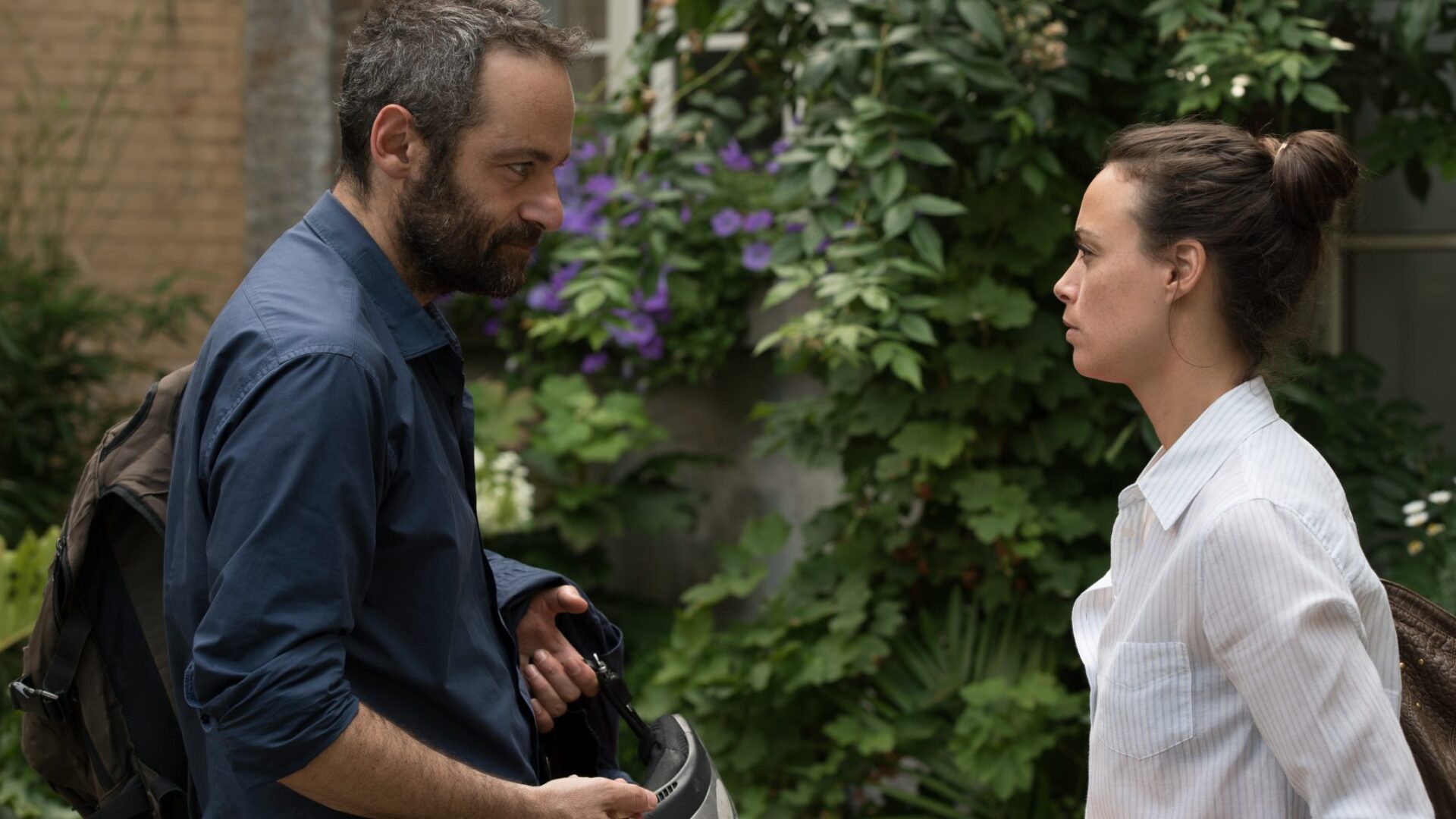Somehow it comes as no surprise that Paul Thomas Anderson made another film that blew critics and audiences away alike. There’s a part of me always willing to try to find fault with his craft and with Phantom Thread, but I’ve been usurped yet again. When I think Anderson is about to zig, he zags. When I think he’s going to slight one of his characters as the central performance becomes so powerful, he doesn’t. Phantom Thread is everything I wanted out of Daniel Day Lewis’s last starring role and then some. Despite it being less physically sprawling than his recent efforts, including Inherent Vice, the emotional depth on display here is like experiencing a lifetime’s worth of love, pain, and sorrow. All complicated emotions presented with such grace. It’s the rare film that defies hyperbole because you want to live in its world. Such is the power of high art.
Set in 1950s London amongst the fashion scene, Reynolds Woodcock (Daniel Day Lewis) leads a very fastidious life. Going through a life led by routine, Reynolds’s life is upended when he meets Alma (Vicky Krieps), a beautiful young woman with a resilience Reynolds has never seen before. As their love blooms, slowly do their lives start changing. The power dynamic between the couple sets the stage for one of the most sweeping romances ever committed to film. It’s better that I don’t indulge you with any more of the details.
Where Phantom Thread first clicked for me is how it treats its central relationship. Both Reynolds and Alma come from different backgrounds and it’s fascinating watching them try to find some middle ground. Reynolds is a staple of bourgeois society and Alma comes from much more humble roots. Initially, I believed their relationship to be taking a turn for the toxic. I was constantly looking for hints at just how awry this all could go. Anderson stretches so much unbearable tension out of close-ups that you think just about anything is possible. Even given the title, I expected something with shades of the paranormal. The title alludes to one of the many beautiful things about Phantom Thread: that which we create is alive, never just the sum of its physical parts.
While Lewis has been justly heralded for his performance as Reynolds, not enough can be said about the grace and power on display by Vicky Krieps. Anderson is the kind of director that’ll zero in on every minute detail of a performance. (I’m thinking about the way Doc in Inherent Vice mumbles when he’s nervous.) Krieps’s Alma is, from her entrance, given identity and license to match Reynolds. Watching Alma react to physical and emotional stimuli thrown at her from every angle is of 2017’s greatest pleasures. We’re seeing someone broken down and reborn live, which is to say that this some powerful stuff.
Phantom Thread is never a one-way view of power in a relationship. If anything, it’s a semi-defense of toxic relationships and how they can strengthen love instead of destroy it. Phantom Thread luxuriates in breaking from the conventional norms of romance, but it never dips into parody or suffers from an abundance of being earnest. The Fifty Shades of Grey and BDSM comparisons aren’t unwarranted, but they throw a blanket over something that almost can’t be defined as just one thing.
Like with most of Anderson’s work, we’re left with such an intense and weird feeling as the end credits roll. While I was already helplessly in love with the film just halfway through it, I kept needing to take stock as to if the specificity in the pain inflicted by the characters was actually worth it. I then came to the conclusion that it was. People have been asking me to try to sum up Phantom Thread in a few short sentences and I really can’t. But if I had to liken it to any one experience that most people have gone through, it’s that of immense relief and semi-transcendence after winning the war against a nasty cold. The relief makes you realize how for granted you took your sense of smell. Anderson does the same with cinema.













